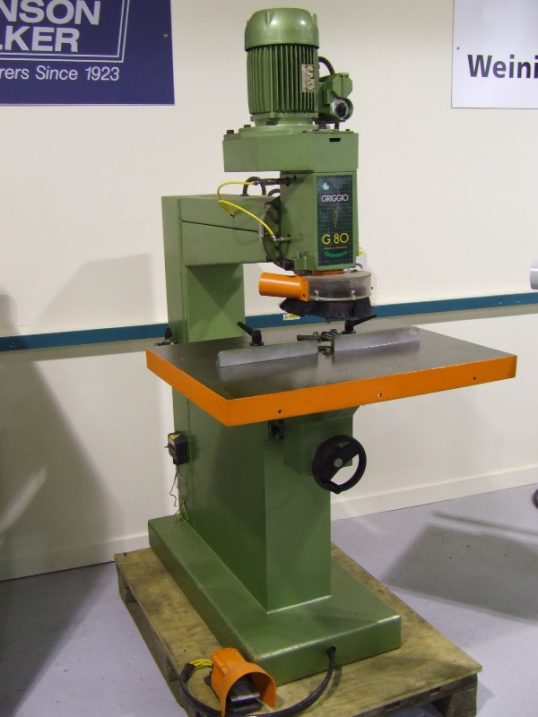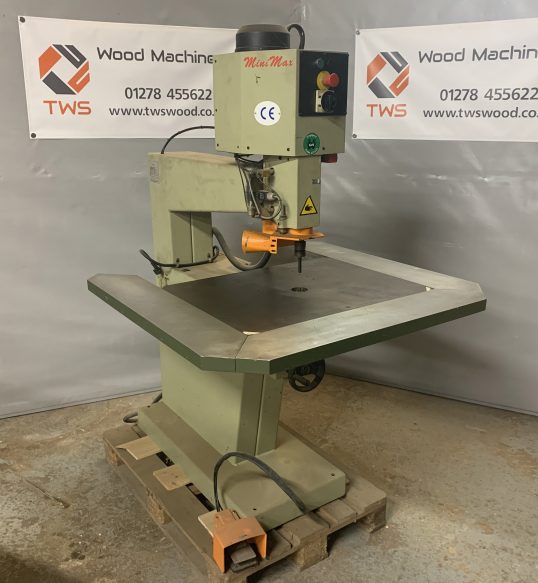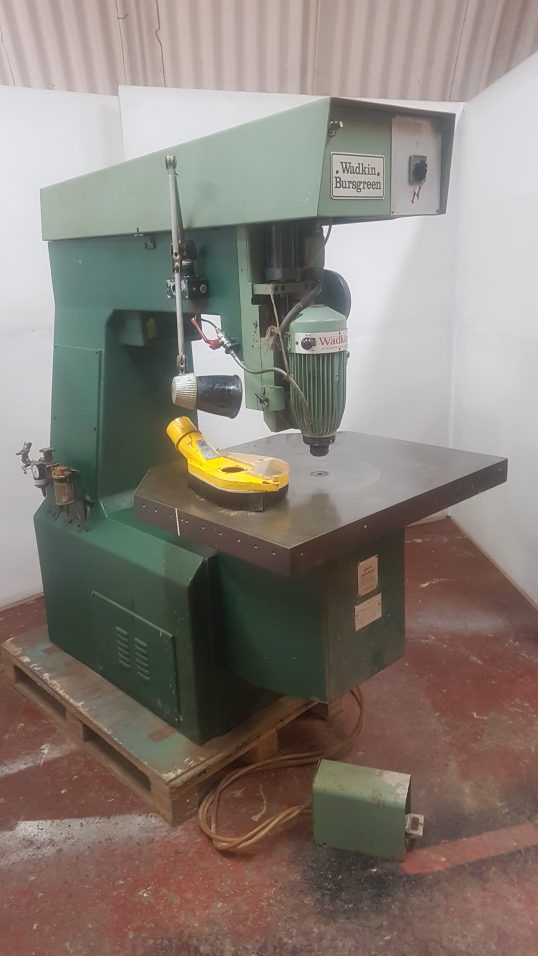Routers
Routing out wood with precision can only be achieved at scale with a decent commercial or industrial router. With the right router woodworking in large volumes becomes easy but where best to buy a new router? The answer to that is easy. TWS have been dealing in woodworking machines for almost 40 years so we know how to find the right machine for you. Whether you want three phase or a 240v router we’ll be able to advise you on the best option.
If you need your new router now but don’t have the cash on hand we can also work with you to find a flexible funding option. We work closely with Tower Finance to make the process of finding finance for woodworking machines simple. We are independant machinery dealers so we will always tell you what the best option is not just what we have available in our showroom. Get in touch today to find out which router we recommend based on the needs of your business.
Showing all 3 results
Choosing the Best Wood Router: A Comprehensive Guide
When it comes to selecting the best wood router for DIY projects, understanding the various options and their applications is key. Whether you’re a seasoned woodworker or just starting out, choosing the right router can make all the difference in the quality of your work. Below, we answer some of the most common questions about wood routers to help you make an informed decision.
How Big of a Router Do I Need for Woodworking?
The size of the router you need depends largely on the type of woodworking you plan to do.
- For light tasks like edge trimming, small joinery, and decorative work, a compact router with a 1-1.5 HP motor will suffice.
- For more robust tasks such as shaping large pieces of wood, cutting deep grooves, or working with hardwoods, a mid-sized router with 2-2.25 HP is ideal.
- Heavy-duty tasks that require deep cuts and work on large panels are best suited to a full-sized router with a 3+ HP motor.
Choosing the right size ensures that you have enough power to complete your projects efficiently without overworking the tool.
What Are Routers Good for in Woodworking?
Wood routers are incredibly versatile tools with a wide range of applications in woodworking:
- Edge Profiling: Create decorative edges on furniture, mouldings, and cabinetry.
- Joinery: Cut precise joints such as dovetails, rabbets, and dadoes.
- Hollowing: Remove material to create grooves, slots, and inlays.
- Trimming: Smooth and trim edges of laminated or veneered wood.
Routers can also be used for more creative applications like engraving, sign making, and pattern routing, making them indispensable in a woodworking shop.
What Are the Disadvantages of a Router in Woodworking?
While routers are powerful and versatile, they do come with a few disadvantages:
- Noise and Dust: Routers can be quite loud, and they generate a lot of dust, which can be hazardous without proper dust collection.
- Learning Curve: Mastering a router requires practice, particularly when working with complex profiles or delicate materials.
- Potential for Tear-Out: Without proper technique or the right bit, routers can cause tear-out, especially on hardwoods or when routing against the grain.
- Limited by Bit Size: The size and type of bits available limit what a router can do; some tasks may require multiple passes or specialised bits.
Understanding these disadvantages helps in planning your projects better and ensuring that you get the most out of your router.






